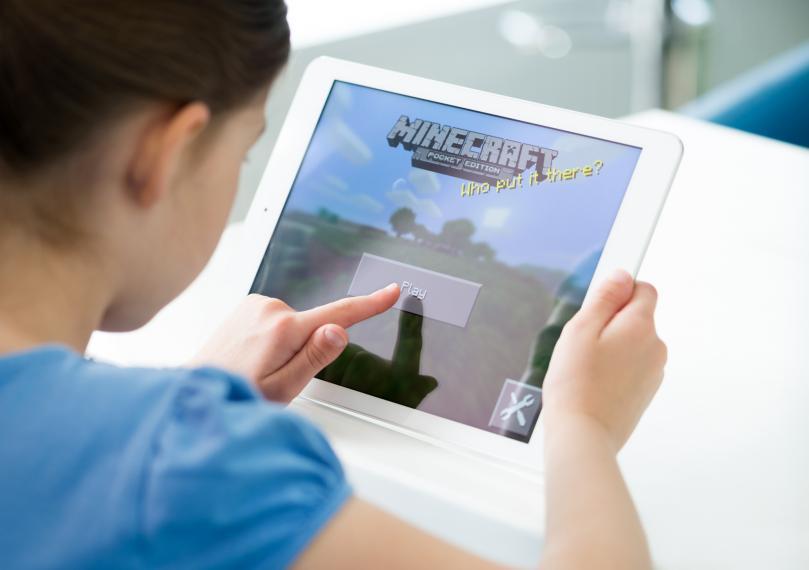Playing it Safe

Researchers keep online gaming safe by learning how and where to find evidence of cyber-crimes.
More than 90 million people enter the online world of Minecraft in a single month. Like a virtual version of LEGO, players collect building blocks and use them to construct their own unique world. In the online multiplayer mode, players can compete against each other to collect building resources. This mode has led to the creation of an online Minecraft community where players from all over the world can interact. While this interactive gaming experience can be fun and improve social skills, it also attracts criminal activity such as cyberbullying, sexual harassment, child grooming, and the distribution of malicious software and viruses. In these cases, law enforcement must quickly collect evidence before it is altered, removed, or lost. To do this, investigators must know exactly what evidence is available and where to find it—a feat that has remained challenging until now.
University of Guelph computer science professor Ali Dehghantanha and his research team located potential evidence on players’ devices and on the server hosting the multiplayer game. The research team simulated a typical multiplayer game setup with commonly used operating systems, Linux (for the server) and Windows (for connected personal computers). Next, they used the mock online environment to simulate typical gaming activity such as connecting to the server, starting a new game and chatting with other players. After the simulation they were able to retrieve information from the server such as device IP addresses, chat logs, player data (e.g., usernames) and server credentials. They found evidence of communication with other players on player devices, and identifying information about the user and the server that they used. All this information could be used to identify and prosecute offenders.
“It is our hope that this information can be used in forensic investigations to quickly obtain evidence of any crime that occurs within Minecraft multiplayer mode,” says Dehghantanha. “We want to ensure that massively multiplayer online games such as Minecraft foster safe online environments that do not encourage or enable criminal activity.”
Taylor DCPJ, Mwiki H, Dehghantanha A, Akibini A, Choo KKR, Hammoudeh M, Parizi R. Forensic investigation of cross platform massively multiplayer online games: Minecraft as a case study. Sci Justice. 2019. doi: 10.1016/j.scijus.2019.01.005.